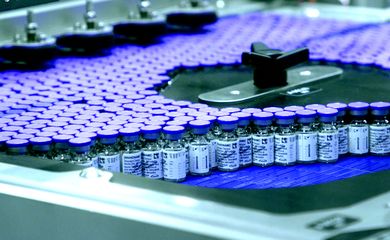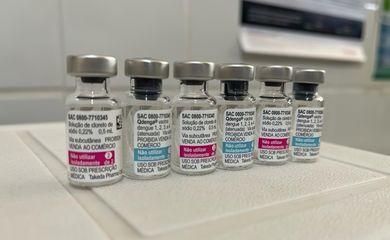Brazil surpasses 4 million dengue cases; death toll reaches 1,937

According to the latest update from the Ministry of Health's Arbovirus Monitoring Panel released on Monday (Apr. 29), Brazil has surpassed 4 million registered cases of dengue this year. The total number of probable cases reported across the country in the first four months of 2024 stands at 4,127,571.

Regarding deaths from dengue, 1,937 have been confirmed, while an additional 2,345 are currently under investigation. The incidence rate of the disease in Brazil stands at 2,032.7 cases per 100,000 inhabitants.
The age group 20 to 29 years old has the highest concentration of dengue cases. Conversely, the least affected age groups are children under the age of 1, followed by individuals aged 80 and over, and children aged 1 to 4.
The regions with the highest incidence of the disease include the Federal District and the states of Minas Gerais, Paraná, Espírito Santo, Goiás, and Santa Catarina.
Projections released at the beginning of the year suggested that dengue cases in the country could potentially reach 4,225,885.
Fighting dengue
On Monday (29), the Ministry of Health and the government of Minas Gerais jointly inaugurated the Wolbachia Biofactory in Belo Horizonte, the state capital. Managed by the Oswaldo Cruz Foundation (Fiocruz), this facility marks a significant step in Brazil's efforts to expand its production capacity for one of the key technologies in combating dengue and other arboviruses.
Wolbachia is a bacterium found in approximately 60 percent of insects in the wild, yet absent in Aedes aegypti mosquitoes. The Wolbachia method involves introducing this bacterium into mosquito eggs within a laboratory setting, resulting in the creation of Aedes aegypti mosquitoes that carry the microorganism. By being infected with Wolbachia, these mosquitoes become incapable of transmitting the viruses responsible for diseases such as dengue, Zika, Chikungunya, or yellow fever.







